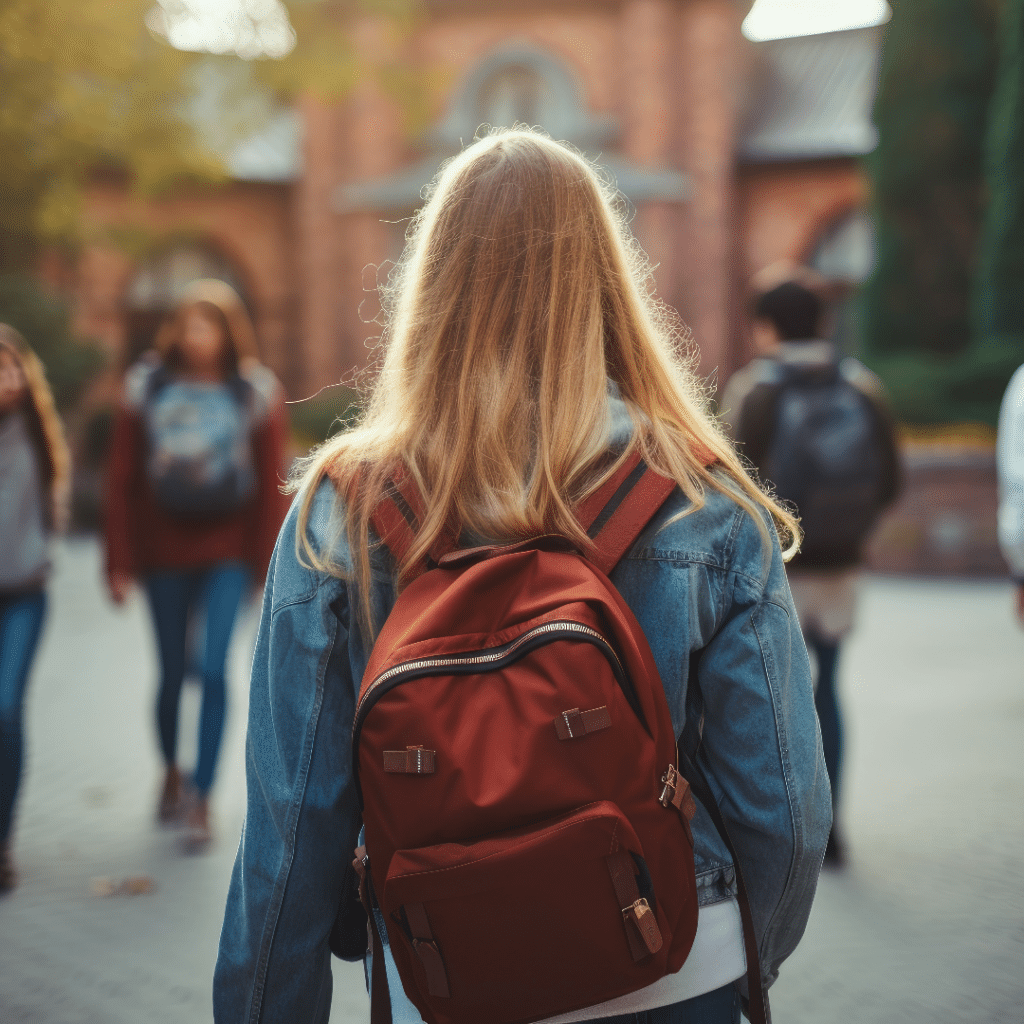Providing an open and welcoming campus that people expect at colleges and universities presents a challenge. Administrators and security officials must develop ways to keep students, faculty, and other campus visitors safe. The challenge becomes even more difficult at schools with on-campus and off-campus housing. Delivering a safe campus environment is a 24-hour-a-day and seven-day-a-week priority.
Campus security is a concern for all, whether you attend or work at a college or university. National Campus Safety Awareness Month in September is the perfect time to learn about the risks you may encounter on campus and what Florida colleges and universities are doing to address them.
What is National Campus Safety Awareness Month?
Congress created National Campus Safety Awareness Month (NCSAM) in 2008 to promote public awareness of topics affecting the safety of students, visitors, faculty, and staff at the many colleges and universities nationwide. Each September, NCSAM observance encourages college and university officials to hold events, seminars, and other activities focused on making campuses safer places by taking a close look at critical topics, including the following:
- Substance abuse
- Mental health
- Violent encounters
- Emergency Preparedness
Some of the campus safety programs and activities planned for September at colleges and universities include:
- Conferences discussing current issues and best practices.
- Drills and exercises to test and improve emergency preparedness and response.
- On-campus campaigns promoting drug use and misuse awareness with a focus on the availability of treatment and prevention resources.
- Workshops offer training and education to students, faculty, and other campus community members on best practices for preventing, responding to, and reporting crimes, violence, and harassment to campus authorities.
- Developing or updating guides, materials, and other resources available to the campus community to aid in staying safe both on and off campus while at the college and university.
Locally, the University of South Florida has a week of activities scheduled for NCSAM throughout September and into October. Safety education and training cover first aid, CPR, active threat prevention, self-defense, and campus safety. This is for faculty, students, and staff.
How safe are college campuses?
The legislation behind NCSAM came about through the efforts of the parents of a college student who was raped and murdered at the university she attended in 1986. The Clery Act requires colleges and universities to make annual reports of crime statistics on their campuses available to the public.
According to a report on college crime compiled by the National Center for Education Statistics, the most commonly reported criminal activities on college and university campuses were the following:
- Forcible sex offenses
- Burglary
- Vehicle theft
- Aggravated assault
- Robbery
Locally, the most recent Clery Act report of crime for the University of South Florida Tampa campus shows the following:
- Six reports of rape.
- Eight reports of fondling.
- Two reports of statutory rape.
- Three incidents of domestic violence.
- Four reports of dating violence.
- Five reports were filed of stalking.
- Five reports of robbery.
- Thirteen reports of aggravated assault.
- Eight reported motor vehicle thefts.
- Five arrests for weapons violations.
- Eighty-seven arrests and one referral for drug violations.
- Four arrests and 10 referrals for liquor law violations.
At the University of Tampa, the Clery Report for 2021 shows the following reports to law enforcement of criminal activities:
- Four reports of rape.
- One report of fondling.
- Four reports of dating violence.
- Five reports of stalking.
- One robbery was reported.
- Three reports of aggravated assault.
- Seven burglaries were reported.
- Violating liquor laws resulted in 767 referrals and no arrests.
- Drug violations resulted in no arrests, but there were 187 referrals.
Making crime statistics available to the campus community allows students, faculty members, staff, and visitors to avoid risky situations.
Tips to keep you safe at school
Maintaining an open, welcoming, and inclusive campus need not sacrifice the safety and security of students, faculty, and staff. Here are tips to enhance personal safety at colleges and universities:
- Avoid walking alone on or off campus: Crowds that populate a typical college campus disappear at night, so avoid walking alone. Ask a friend to accompany you or contact campus security. Many schools have services that provide someone to safely escort you across campus during nighttime hours.
- Be alert and aware of your surroundings: Don’t become a crime victim by making yourself look like an easy target. Instead of having your eyes and attention on your smartphone’s screen, put it away and watch out for suspicious people who may want to harm you.
- The shortest route may not be the safest: If you must walk alone, choose a well-lit route that is not isolated or secluded.
- Lock doors and protect valuables: If living on campus, always lock your door, and do not leave valuables, such as money, jewelry, phones, or laptop computers, in the open. When using the gym, library, and other facilities at school, do not bring large sums of money or anything of value with you.
- Do not let strangers into residence halls: Entry to housing facilities is limited to residents or authorized guests. Schools either position someone at the main entrance to screen people or use electronic locks that open with a swipe card. Do not circumvent security measures designed to keep residents safe by letting strangers enter your residence hall by holding a door open for them. Immediately report unauthorized entries to campus security.
- Report suspicious activity to police or campus security: Members of the campus community have a stake in keeping their schools safe and secure places. A simple way to contribute to campus security is by reporting suspicious or threatening activity you observe or encounter to campus police.
If you sustain an injury or experience harm at school, understanding the details of what transpired and how it occurred could potentially grant you the right to seek compensation.
Holding colleges and universities accountable
Colleges and universities must provide a safe and secure environment for their students, faculty, staff, and visitors. When their failure to do so results in harm, the injured person may be entitled to file a personal injury claim against the school to recover compensation. Campus communities deserve safety, protected from college negligence and hazardous situations.
Evidence is vital in a personal injury claim against a college for an unsafe campus. The Tampa personal injury attorneys at KFB Law have extensive experience and unsurpassed knowledge of the law to know what it takes to recover damages for someone injured because of an unsafe campus environment. Learn more during a free consultation and claim evaluation by contacting KFB Law today.



